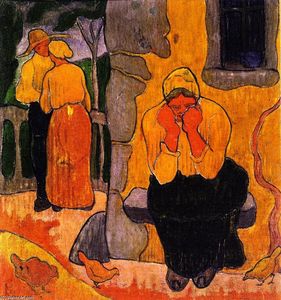Our only option is to let the sadness seep in.
L. wrote last night that she felt inexplicably sad. We talked till late at night. It was odd, we concurred, that for two people not invested in Thanksgiving except as an opportunity to get a break mid-week and hang out with friends and eat, that we felt as sad as we did.
It was as if a pall hung over everything, as if a fog of sadness and longing and grief had risen up from the lake and quietly made its way up our stairs and through our windows and settled in gently around us.
Thanksgiving here is strange, stranger even than Christmas, which can claim more of a “season” and, because of commercial interests, now begins roughly around Halloween. It’s a day of joy for many, certainly, a chance to meet with people they don’t see all year, but for many others it’s also a time of dreaded anticipation, of having to navigate and negotiate and be worn down by the stress of avoiding people you fly or drive hundreds of miles to visit.
This year, all of those contradictions seem to come to the fore as the threat of pure and absolute death crashes against us. The pandemic has proven that we, at least in this country, have no systemic structures that can possibly help us: everything, it turns out, is as we have long suspected and as many of us have warned for years, is broken. The fantasy of America as first in everything is proving to be true only in the worst way, in that we lead in infections and deaths. The lack of structural solutions to anything — a lack of healthcare, a lack of education, even a lack of food as millions go hungry — has meant that we are left to snap and carp at and berate each other for not taking precautions. I walk through the streets of my tiny neighbourhood, often boiling with resentment at the unmasked, trying not to snap at those who come too close.
But anger is induced when things break to a point where only that emotion can seem like a wall of safety. If I can be angry at you, I am still capable of feeling, I am doing something to keep myself safe, I can stop thinking about all the broken-ness around me. To let ourselves be sad, instead, to enter a period of deep mourning for things we cannot explain even though we can understand how they came to be this way: that seems like an impossible burden. But how else might we survive?
Our only option is to let the sadness seep in.
Many thanks to Liz Baudler.
Don’t plagiarise any of this, in any way. Read and memorise “On Plagiarism.” There’s more forthcoming, as I point out in “The Plagiarism Papers.” I have used legal resources to punish and prevent plagiarism, and I am ruthless and persistent. If you’d like to support me, please donate and/or subscribe, or get me something from my wish list. Thank you.

Image: Paul Ranson, “Woman Weeping,” 1891.
